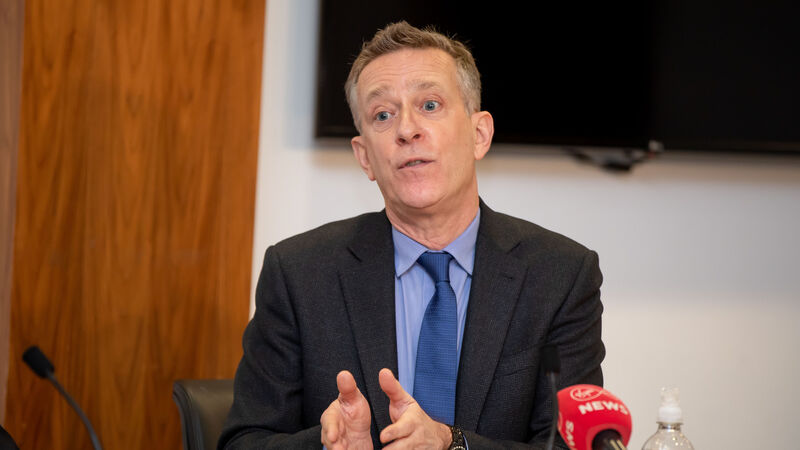John Fallon: FAI has to practice, not preach

FAI chief executive Jonathan Hill. Picture: INPHO/Morgan Treacy
Try from €1.50 / week
SUBSCRIBE
FAI chief executive Jonathan Hill. Picture: INPHO/Morgan Treacy
It took less than 24 hours from the FAI preaching about transparency for the shutters to come down.
Three times within the association’s strategy document unveiled on Monday did the vow of transparency feature.
Already a subscriber? Sign in
You have reached your article limit.
Annual €130 €80
Best value
Monthly €12€6 / month
Introductory offers for new customers. Annual billed once for first year. Renews at €130. Monthly initial discount (first 3 months) billed monthly, then €12 a month. Ts&Cs apply.
Newsletter
Latest news from the world of sport, along with the best in opinion from our outstanding team of sports writers. and reporters
Newsletter
Latest news from the world of sport, along with the best in opinion from our outstanding team of sports writers. and reporters
Thursday, February 12, 2026 - 6:00 PM
Thursday, February 12, 2026 - 10:00 PM
Thursday, February 12, 2026 - 10:00 PM

Select your favourite newsletters and get the best of Irish Examiner delivered to your inbox
© Examiner Echo Group Limited